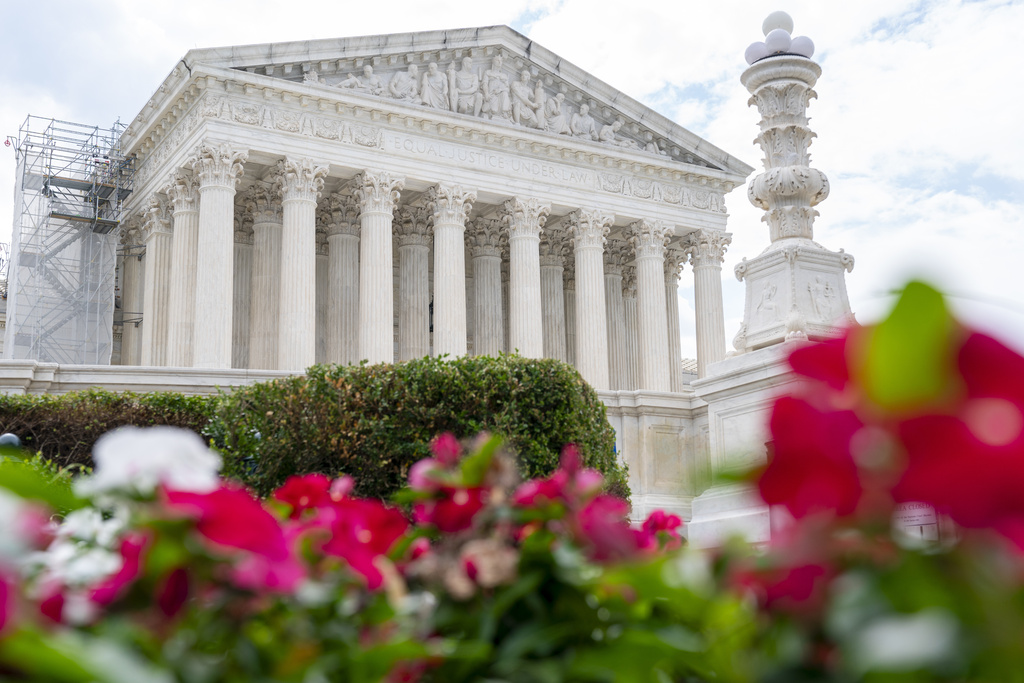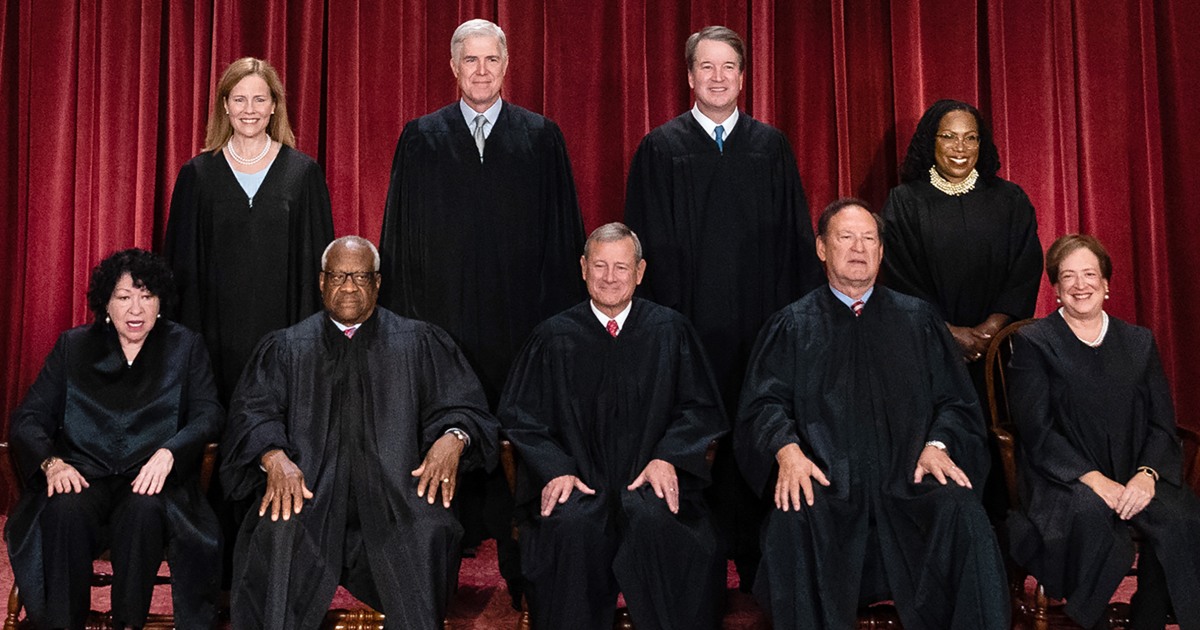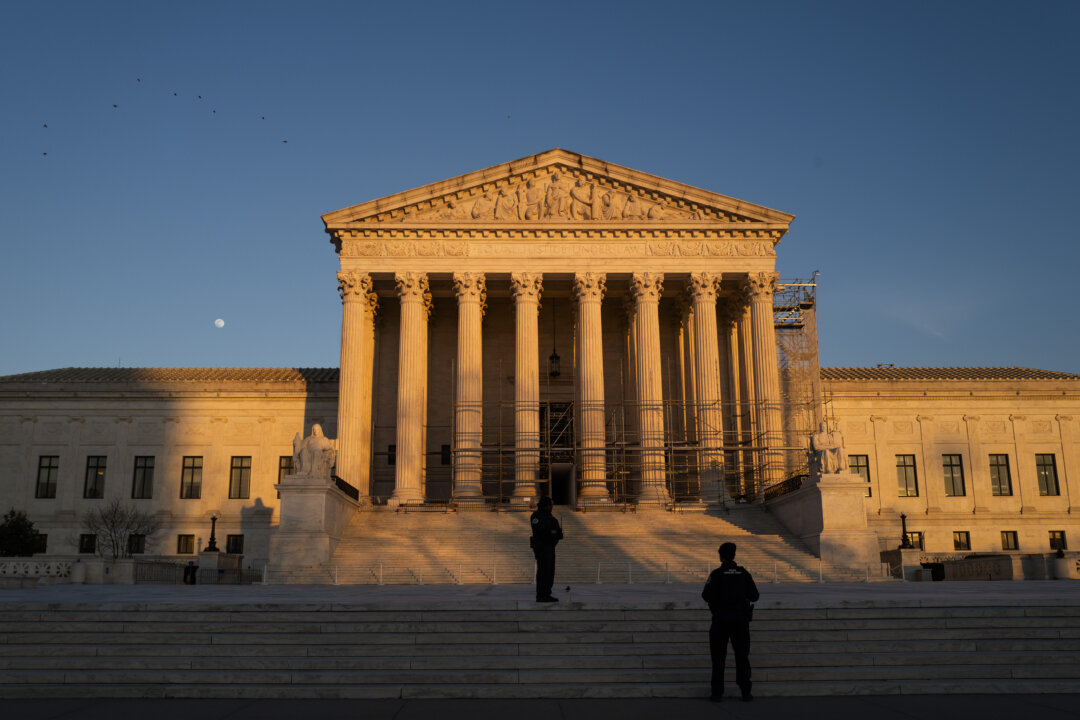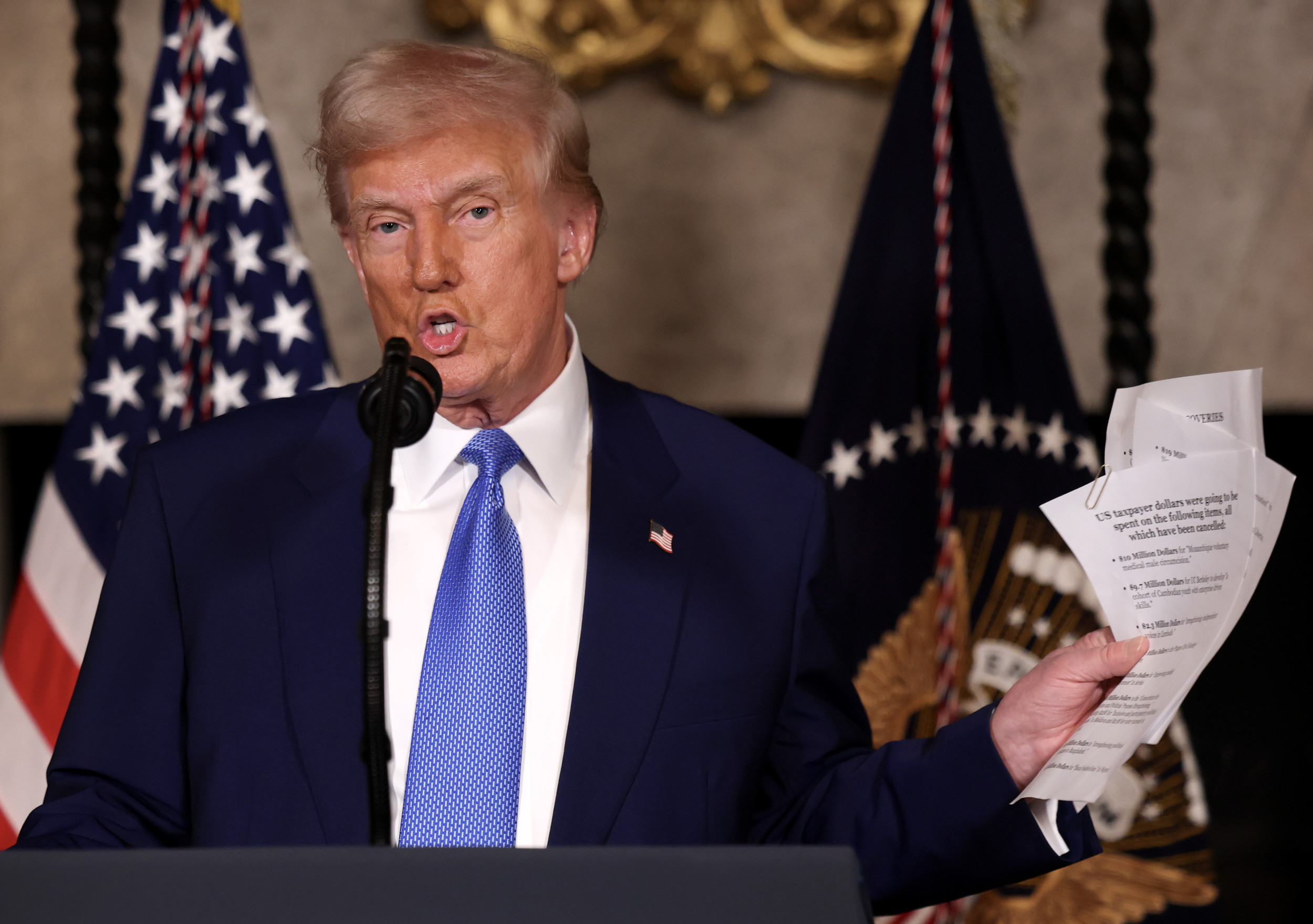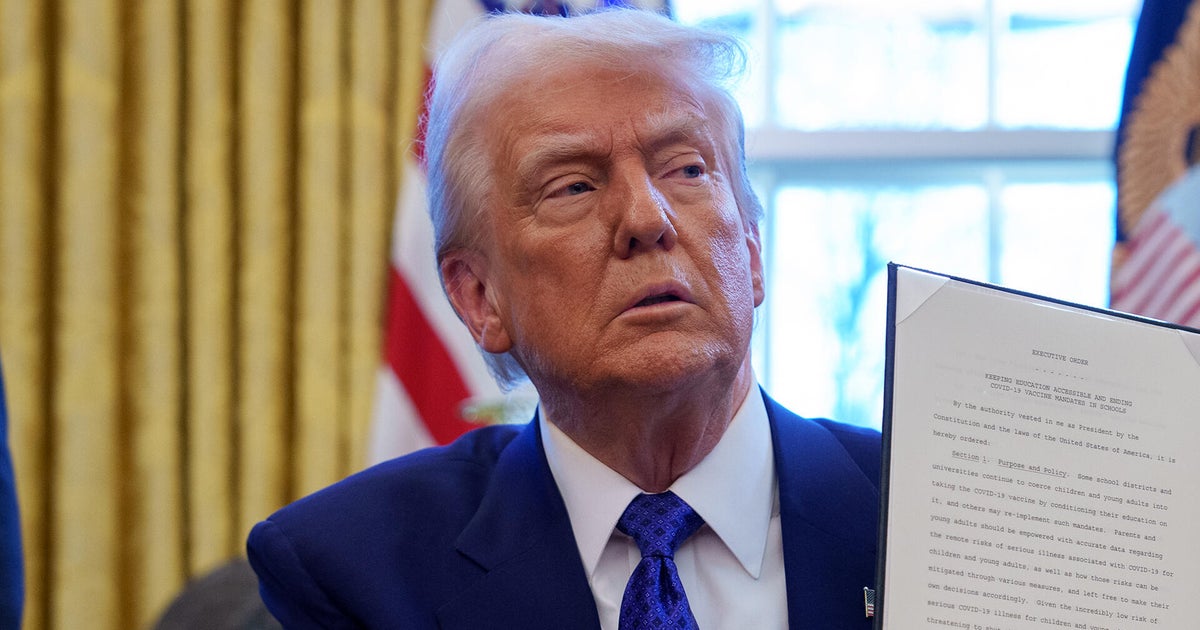Supreme Court Pauses Trump’s Attempt to Fire Whistleblower Agency Head
The Supreme Court has temporarily halted Trump’s effort to dismiss Hampton Dellinger from the Office of Special Counsel, pending further legal proceedings.
Overview
In a key decision, the Supreme Court has allowed Hampton Dellinger, head of the Office of Special Counsel, to remain in his position at least until February 26. This ruling is a response to President Trump's attempt to dismiss Dellinger, appointed by former President Biden, over allegations of interference with presidential authority. The court's decision reflects ongoing tensions surrounding the balance of power in federal agencies and the judiciary's role in checking executive actions. The case will further unfold with a hearing scheduled for Wednesday.
Report issue

Read both sides in 5 minutes each day
Analysis
Analysis unavailable for this viewpoint.
Articles (14)
Center (7)
FAQ
The Office of Special Counsel is an independent federal agency created to protect federal employees from retaliation for whistleblowing and other prohibited practices. Its significance in this case lies in its role as a watchdog, and the legal challenge to Trump's attempt to fire its head, Hampton Dellinger, raises questions about executive power and agency independence.
President Trump attempted to fire Hampton Dellinger without citing specific reasons, which Dellinger challenged as illegal. Trump's administration argued that the president has broad authority to remove executive officials, citing recent Supreme Court decisions as precedent.
The Supreme Court decided not to intervene immediately in Trump's appeal, choosing instead to wait until after a lower court hearing scheduled for February 26. This decision temporarily allows Dellinger to remain in his position, reflecting ongoing legal debates about executive power and judicial oversight.
The case could set a precedent regarding the limits of executive authority over independent agencies. If the courts ultimately rule that Trump's firing was illegal, it would reinforce Congress's ability to establish agencies with protections against arbitrary removal, potentially limiting future presidents' power over such agencies.
History
- This story does not have any previous versions.



